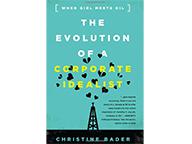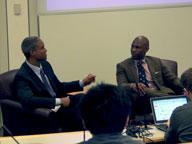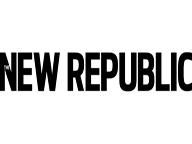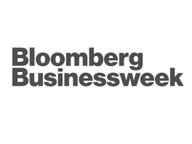Faculty News
—
Prof. Arun Sundararajan on Citi Bike's business model
—

Excerpt from The Wall Street Journal -- Arun Sundararajan, a professor at New York University's Stern School of Business, said Citi Bike's success supported an argument for more private financing from higher fees and more corporate sponsorship -- not public funding. 'Right now the large revenue bet should be on annual subscribers,' he said. If annual memberships rose to as much as $140, 'it seems very unlikely to me that a lot of people would not renew because of price.'"
Faculty News
—

Excerpt from The Wall Street Journal -- Arun Sundararajan, a professor at New York University's Stern School of Business, said Citi Bike's success supported an argument for more private financing from higher fees and more corporate sponsorship -- not public funding. 'Right now the large revenue bet should be on annual subscribers,' he said. If annual memberships rose to as much as $140, 'it seems very unlikely to me that a lot of people would not renew because of price.'"



















